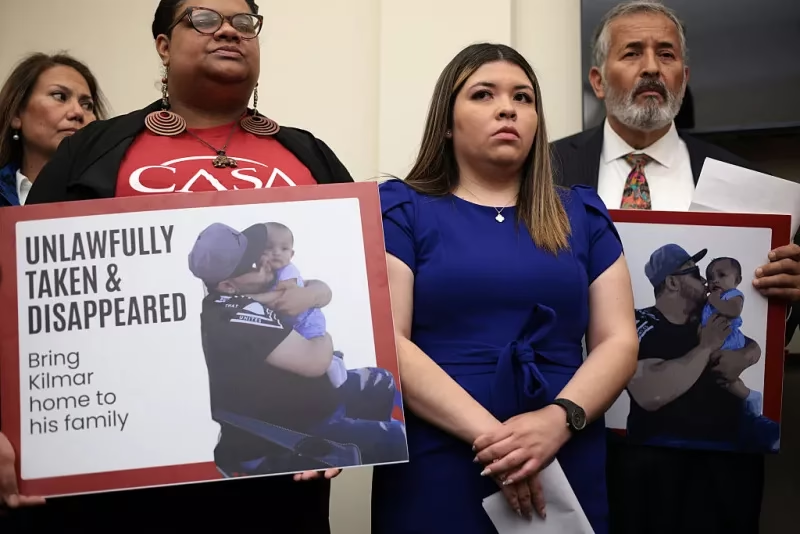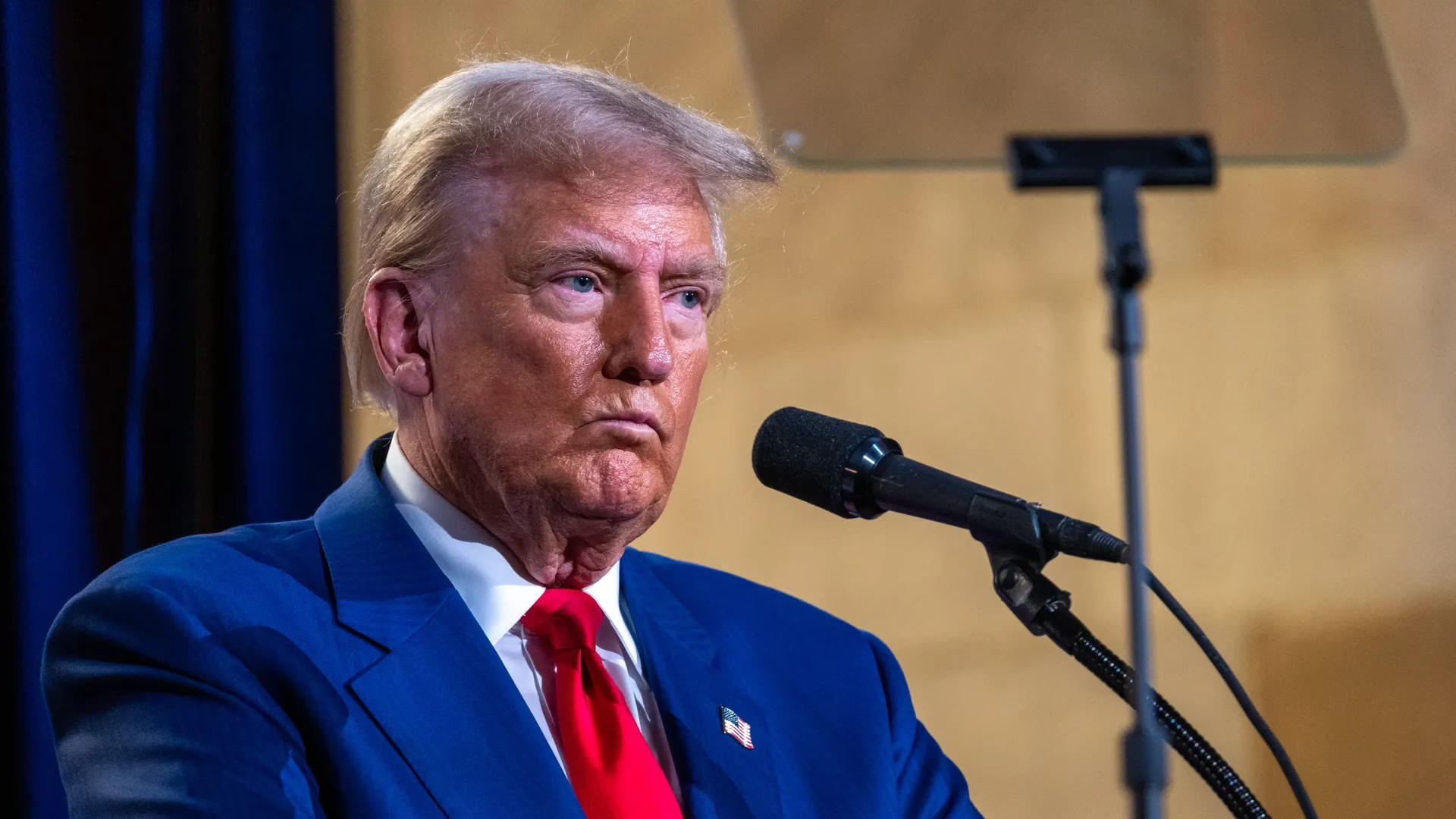In a landmark ruling that has captured national attention, the U.S. Supreme Court has sided with a migrant wrongly deported to El Salvador, mandating that Trump administration officials take immediate action to facilitate his return. The decision, which centers on a Maryland man mistakenly sent to El Salvador, has ignited debates on immigration policy, due process, and executive accountability, while marking yet another significant judicial check on the administration’s deportation practices.
The case arose from a series of missteps in the federal immigration system that led to the wrongful removal of the migrant from Maryland. Despite clear evidence that the deportation was in error, the Trump administration had been slow to acknowledge the mistake, prompting the aggrieved man and his advocates to seek judicial intervention.
In an emphatic ruling, the Supreme Court asserted that the government must correct its error by actively working to return the migrant to the United States—a move that underscores the judiciary’s role in safeguarding individual rights against bureaucratic overreach.
A Cascade of Concerns Over Immigration Practices
The majority opinion underscored that even in a politically charged atmosphere, the principles of fairness and justice cannot be sidelined. By ordering the Trump administration to facilitate the return of the wrongly deported man, the Court underscored the concept that administrative errors in deportation are not simply technical mistakes but violations that can upend lives.
Legal experts argue that this decision could herald further scrutiny of the current immigration enforcement framework and may lead to reforms aimed at preventing similar miscarriages of justice in the future.
Beyond its immediate effect on one individual, the ruling carries broader implications for U.S. immigration policy. Advocates of immigrant rights have long argued that the nation’s deportation apparatus is fraught with errors that disproportionately affect vulnerable communities.
With the Court’s decision now fresh in the news cycle, pressure is mounting on federal officials to reexamine their procedures and ensure that policies are both just and humane. Social media platforms and legal analysis sites have been buzzing with discussions on how this ruling might catalyze nationwide changes, as hashtags like #JusticeForWronglyDeported and #ImmigrationReform trend alongside live updates of the case.
The Legal and Political Landscape
Critics of the administration have seized on this ruling as evidence that current policies are not only flawed but also in conflict with constitutional guarantees. In their view, the decision sends a clear message: the rights of individuals, especially those caught in the crossfire of aggressive immigration enforcement, must be protected by the rule of law.
While supporters of the administration argue that robust enforcement of immigration laws is necessary to safeguard national security, the Supreme Court’s decision represents a strong judicial insistence that enforcement must not trample on fundamental rights.
From a political standpoint, the case has become emblematic of the ongoing tug-of-war between the executive branch and the judiciary over control of immigration policy. The ruling is expected to further strain relations between the courts and the Trump administration, which has previously pushed back against judicial interventions on similar grounds. Political analysts suggest that while the decision may boost morale among immigrant rights activists, it could also intensify calls for reform from a broader spectrum of lawmakers who are eager to see a more balanced approach to immigration enforcement.

A Human Drama at the Heart of a Policy Debate
For the wrongly deported migrant and his family, the Supreme Court’s order is far more than a legal victory—it is a lifeline. The personal impact of the deportation error has been profound, affecting not only his daily life but also the emotional and financial well-being of his loved ones.
Stories have emerged of the long, agonizing wait for a decision, of the anxiety over potential separation from family members and the uncertainty of ever being able to return to a community that had become his home.
Journalists covering the story have focused on the human side of this policy debate, capturing tearful reunions at border checkpoints and interviews with advocates who stress the dire need for accountability in the immigration system.
This high-profile case has put a spotlight on the real-world consequences of policy failures, reminding the nation that behind every news headline are individuals whose lives have been dramatically altered by government actions.
Ripples Across the Nation
The ruling has already prompted responses from lawmakers and advocacy groups across the political spectrum. Some are calling for immediate policy reforms to prevent future wrongful deportations, while others are urging the administration to work more collaboratively with the judiciary to address long-standing procedural issues.
International observers have also taken note, as the United States’ handling of immigration cases continues to serve as a benchmark for democratic accountability around the world.
In the coming weeks, all eyes will remain on the administration as it scrambles to comply with the Supreme Court’s directive. With the migrant’s future hanging in the balance, the case is poised to become a touchstone in the ongoing national debate over immigration, due process, and the separation of powers in a rapidly polarized political landscape.




